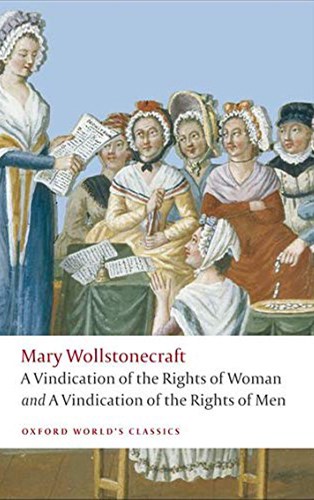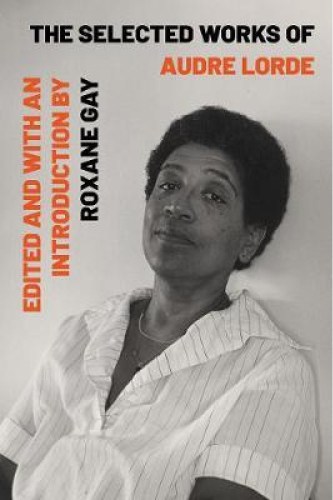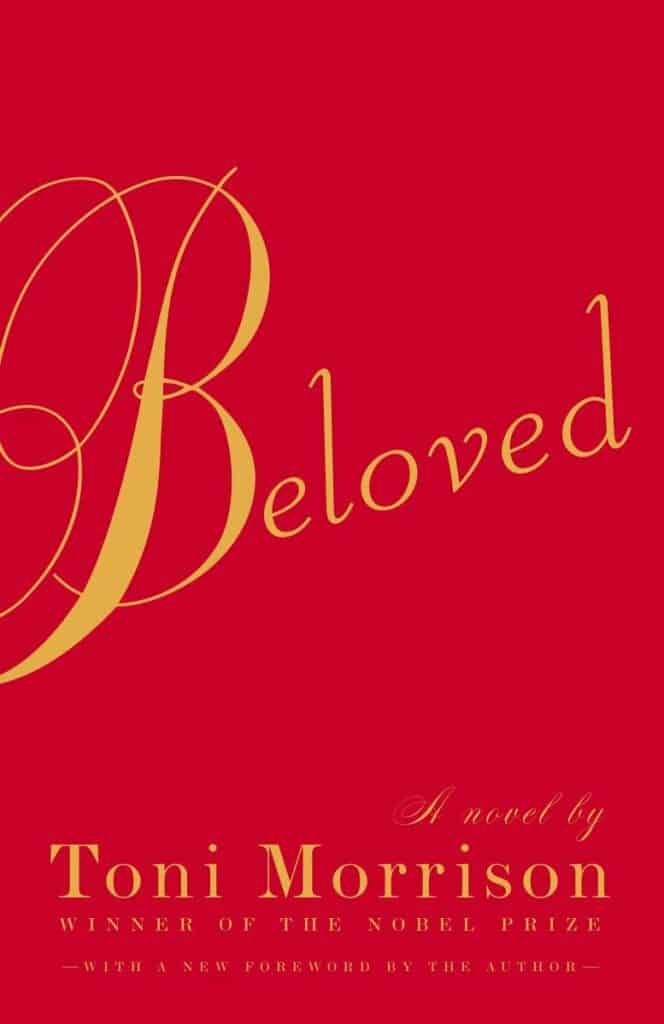A Vindication of the Rights of Woman

In A Vindication, Wollstonecraft asks questions that are part of the human experience. How does who I am affect how I am viewed in the world in which I live? What has shaped others’ understanding of who I am? What are the assumptions, biases, misconceptions that impact how the world sees me? Wollstonecraft’s text examines the repeating social patterns that have led to the belief that women do not possess reason and that their singular purpose and potential is to be attractive and beautiful.
Audre Lorde

Audre Lorde praises, rages, turns a critical eye, desires. The poems are relentless in their observations of Black lives and loves. Lorde was a cultural observer who spoke passionately about the oppressive structures of race, gender, class and sexuality. She articulated the ways that, in the name of sameness, Black women’s experiences were devalued by white women and black men alike and how lesbian sexuality was threatening to both groups and could be used to silence her in both movements. In an interview with James Baldwin, she argued, “We need to acknowledge those power differences between us and see where they lead us. An enormous amount of energy is being taken up with either denying the power differences between Black men and women or fighting over power differences between Black men and women or killing each other off behind them.”
Beloved

Beloved is a powerful novel. Upon finishing it, one student looked up and said, “I love this novel.” Perhaps the reason this student loved the novel so much is its insistence on the capacity for love and community, its belief in the possibility of healing. While Morrison focuses on the range of dehumanization of African Americans, from the image of the ceramic “blackboy’s mouth full of money” on the shelf in the home of two abolitionists (300), to the egregious dehumanizing capacity of schoolteacher who uses science as rationalization for enslavement and torture, she places the strength of community and the grace of self-love at the center of the novel. The novel is about memory, about how the past lives in the present but also the ways that the past can be healed and our bodies purified when we have a community toward which we can offer up our hearts.

